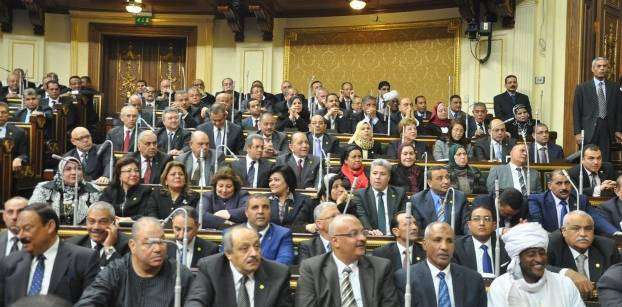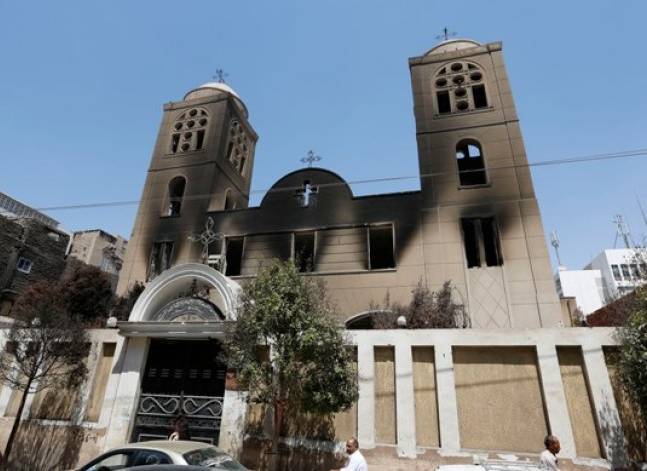Latest NEWS
- Aswat Masriya, the last word
- Roundup of Egypt's press headlines on March 15, 2017
- Roundup of Egypt's press headlines on March 14, 2017
- Former Egyptian President Hosni Mubarak to be released: lawyer
- Roundup of Egypt's press headlines on March 13, 2017
- Egypt's capital set to grow by half a million in 2017
- Egypt's wheat reserves to double with start of harvest -supply min
- Roundup of Egypt's press headlines on March 12, 2017
Egypt’s House reviewed 1,226 articles, 82 draft laws since its convention
CAIRO, Sept 6 (Aswat Masriya) - Egypt’s House of Representatives reviewed a total of 1,226 articles since its convention last January, according to a report issued by parliament on Tuesday.
During the past eight months, parliament reviewed 82 draft laws, two of which were presented by MPs while the rest were presented by the government, according to the parliament's report.
Among the laws ratified by the parliament is the long-debated church-building law that sets rules for building and renovating churches. The new law grants governors the right to approve the church building and renovation permits, a right previously owned by security services.
On the concluding session of its first round, the parliament said that it passed 342 laws that were issued in the absence of parliament.
In the absence of a parliament, the president held legislative powers, on condition that upon the election of a new parliament all the legislation passed by the president should be discussed and approved by the House within 15 days of its commencement.
The president handed over legislative authority to the parliament on Feb. 13.
Among the most controversial of these legislations was the protest law which was issued in November 2013 during the transitional months under then-Interim President Mansour.
The law has been the subject of critical scrutiny by local and international rights organisations as it outlines regulations and conditions for peaceful protest. According to critics, the law practically bans protests.
The only law the parliament did not ratify as scheduled was the Civil Service law, which has been subject to amendments.
The House comprises 596 members, 448 are individual candidates, 120 elected through lists and 28 appointed by the president.
This is the first parliament since the dissolution of the Islamist-dominated chamber in 2012 as per a court's ruling deeming it "unconstitutional."
Back then, the Muslim Brotherhood’s Freedom and Justice Party gained 47 percent of seats in parliament, the Salafi al-Nour Party won 24 percent and liberal and secular parties all together raked just under 30 percent.













